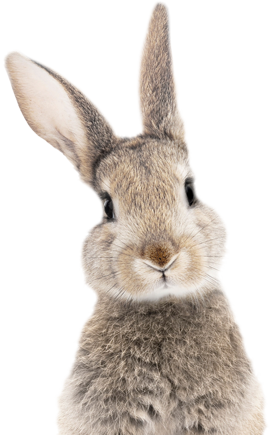newbietopets
New Kit
Hi everyone.
My little girl is showing interest in animals and loves rabbits so we are going to get one. But first we need to do alot of research. We are looking for a harlequin to rabbit.
First question.
Bedding.
I've heard a layer of newspaper, cat littler pellets and straw is perfect for rabbits is this the case, anything else to add?.
My wife is allergic to Hay so I've also read they can have dried grass instead (little more expensive) is this OK aswell they don't have any hay just dried grass I'm guessing in the wild they won't come across hay as much as dried grass.
I know for harlequinn rabbits toys and puzzles etc is great for them. It's more on the bedding and food I'm confused about. Any tips would be great.
A few months away want to be 100% confident before we commit
My little girl is showing interest in animals and loves rabbits so we are going to get one. But first we need to do alot of research. We are looking for a harlequin to rabbit.
First question.
Bedding.
I've heard a layer of newspaper, cat littler pellets and straw is perfect for rabbits is this the case, anything else to add?.
My wife is allergic to Hay so I've also read they can have dried grass instead (little more expensive) is this OK aswell they don't have any hay just dried grass I'm guessing in the wild they won't come across hay as much as dried grass.
I know for harlequinn rabbits toys and puzzles etc is great for them. It's more on the bedding and food I'm confused about. Any tips would be great.
A few months away want to be 100% confident before we commit






